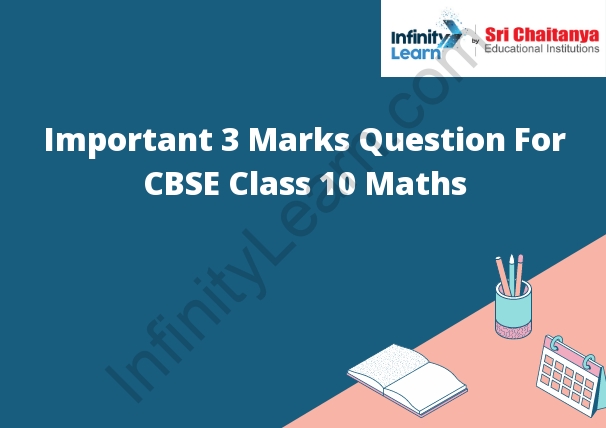Table of Contents
CBSE Class 10 Maths Board Exam 2020
The CBSE Class 10 Maths Board Exam 2020 will be conducted in the month of March. The exam will be of 3 hours duration and will have 80 questions. The questions will be of both objective and subjective type.

CBSE Class 10 Maths 2020
The CBSE Class 10 maths syllabus for 2020 is designed to help students develop a strong foundation in mathematics. The syllabus is divided into three parts – basic concepts, algebra, and geometry.
The basic concepts covered in the syllabus include arithmetic operations, fractions, decimals, percentages, and ratios. Algebra topics include linear equations, quadratic equations, and indices. Geometry topics include lines and angles, triangles and quadrilaterals, circles, and 3D shapes.
Students are expected to be able to solve mathematical problems and apply mathematical concepts to real-world situations. They are also expected to be able to express mathematical ideas fluently and accurately.
Important Questions for CBSE Class 10 Maths Board Exam – Chapters
9 and 10
Q1. Find the sum of the first 100 natural numbers.
The sum of the first 100 natural numbers is 5,000.
Important Frequently Asked Questions for CBSE Maths 10th Board
1. What is the CBSE Maths syllabus for 10th grade?
The CBSE Maths syllabus for 10th grade is broadly divided into three sections – Algebra, Geometry, and Statistics.
2. What are the key topics in CBSE Maths 10th grade?
The key topics in CBSE Maths 10th grade include algebra, geometry, trigonometry, and calculus.
3. What is the CBSE Maths 10th Board Exam pattern?
The CBSE Maths 10th Board Exam pattern is as follows:
-The exam is divided into three sections – Algebra, Geometry, and Statistics.
-Each section is worth 30 marks, for a total of 90 marks.
-The exam is 90 minutes long.
4. What is the CBSE Maths 10th Board Exam syllabus?
The CBSE Maths 10th Board Exam syllabus is as follows:
-Algebra: Linear equations and inequalities, quadratic equations, radicals and rational expressions, complex numbers, matrices and determinants, permutations and combinations, binomial theorem.
-Geometry: Points, lines, angles, triangles, quadrilaterals, circles, solids, coordinate geometry, transformations.
-Statistics: Measures of central tendency, dispersion, probability, sampling theory, inference.







